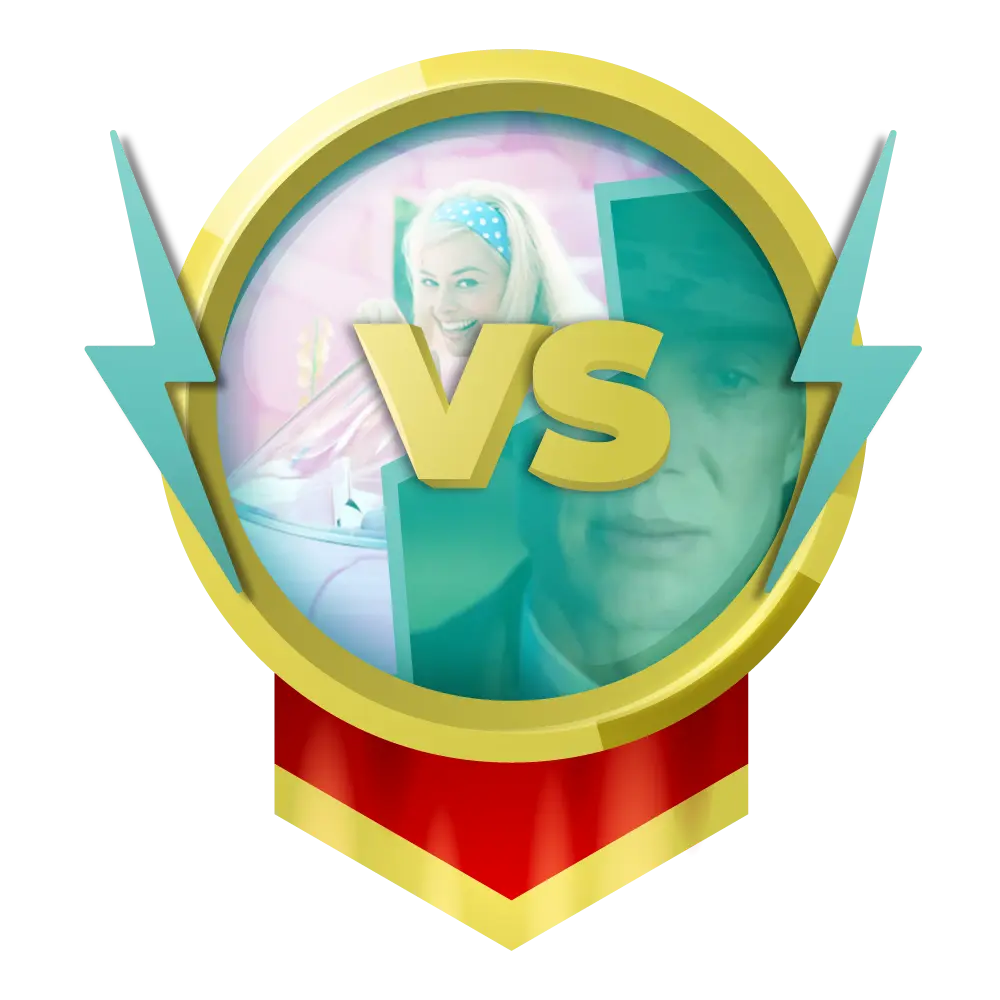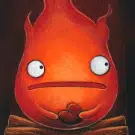To be honest, Beverly Hills Cop: Axel F is definitely not one of those great movies, but it is undeniably watchable.
Firstly, it is not the kind of comedy that makes you laugh from start to finish; some scenes even feel a bit awkward. Although my expectations for Eddie Murphy kept me watching the whole film, I kept wondering if the creators were already tired of the franchise, which made the plot transitions feel so perfunctory. However, from the way the movie ended, it seems likely there will be another installment.
Secondly, it is not the kind of action movie that gets your adrenaline pumping. For viewers who have experienced the thrill of John Wick film series, it might even seem subpar. Its car chase scenes also feel very unnecessary, making you think it would be better to rewatch Fast & Furious.
However, I must admit, among the new releases in July, it is the most suitable movie for family movie nights, one which parents and children can watch together. Both kids and parents will benefit from it.

Viewed from any perspective, Beverly Hills Cop: Axel F is the kind of commercial film that tries to include as many elements as possible to please as many audiences as possible. Though, admittedly, it seems somewhat chaotic, it’s very clear that the theme is centered around Axel Foley and his daughter, Jane Saunders.
In the movie, Axel Foley faces a dilemma that perhaps all fathers encounter: the imbalance between work and family. He is an outstanding detective, but the challenges of his job have forced him to become a failing father. It's not that he doesn't love his family; he's just stretched too thin. From his point of view, he is making the best choices he can, but it’s far from enough to be a good father in his daughter's eyes.
What's even more tricky is that this isn't a problem that can be solved with just an apology or an explanation. From Saunders' perspective, she did try to understand her father until she could find no more excuses for Foley. In other words, their current conflict is not the result of mutual harm but a dilemma stemming from their failed attempts to get closer to each other.
The best part of humanity lies in our rich plethora of emotions, yet our limitation is that we have only one body, one brain, and one heart to bear these emotions. We always want to love in the best possible way, yet we unintentionally fall into the trap of selfishness.
Foley has achieved recognized accomplishments with his work. Even though he often destroys a lot of public property while chasing criminals, his superiors are always willing to cover for him. With these achievements, he is so accustomed to playing the role of a good policeman that he subconsciously believes the skills that make him a good policeman can also help him be a good father.
As I mentioned above, it’s not that Foley doesn't love his daughter, but he just doesn't do it in the right way. He stays in the comfort zone of his "good policeman" identity, thinking that his daughter would evaluate his role as a father by the same standards. Of course, this is not the case. Saunders despises Foley's work as a policeman so much that she immediately cut off contact with her boyfriend Bobby Abbott upon learning that he is also a policeman.

The conflict between Jane and Foley seems unsolvable, and the brilliance of the film lies in presenting a new perspective on this issue.
By a twist of fate, Jane has to collaborate with Foley on the same case. In this case, they must both utilize their professional expertise, and they will inevitably see each other's weaknesses. They are both strong-willed individuals, always wanting to prove to the other that they are perfectly fine. The problem is that the more we try to prove our strengths, the more our weaknesses tend to be exposed. Consequently, their initial cooperation is full of farce and obstacles.
The scenes of their interactions remind me a lot of my relationship with my parents. During my upbringing, I often accused my parents of not understanding me. I couldn't see why they insisted that their way was the only right way. I told myself that if I ever had children, I wouldn't treat them the same way my parents treated me.
We are always vulnerable in front of those we are close to, constantly hoping to be understood. This is metaphorically a request for them to step out of their comfort zone. God endows humans with immense empathy, but also with great inertia. However, it is precisely in the struggle between these two traits that we find true love.
Children always subconsciously imitate their parents, whether for better or worse. In the interactions with Foley, Jane does not just see Foley's inadequacies more clearly, but rather she sees what a better parent should be like. The root of their conflict lies in the fact that, from their respective perspectives, neither of them believe they did anything wrong. If, in this case, Jane were to criticize Foley as she did before, it would only leave Foley bewildered, as he finds it hard to realize where he went wrong. And the same goes for Foley.
Jane becomes a better person by taking care of Foley, and Foley becomes a better father by accepting Jane's help. We always assume that the roles of parents and children are fixed, so parents stay in their comfort zones as parents, and children stay in theirs as children. This does not lead them to get along well.
Until we eventually discover that parents are also children as we grow up, and it is precisely this realization that makes us better ones.
















































View replies 0